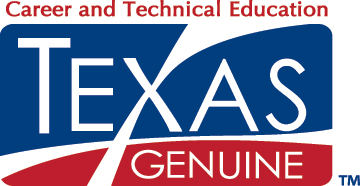Program Mission Statement:
The mission of the MLT program is to provide the region served by the program with graduate medical laboratory technicians who can function at career entry levels and who can assume leadership roles as health professionals.
Program Goals and Graduate competencies:
- The goals of the MLT program are to:
- Provide students with a broad educational background by using a variety of education resources and experience.
- Provide a strong undergraduate curriculum based on current needs and curriculum which integrates fundamental courses in medical laboratory sciences, natural sciences, humanities and social science instruction.
- Provide clinical experience to develop the technical skills required to perform laboratory procedures with precision, accuracy and competency.
- Maintain the level and quality of instruction in the professional courses by including the latest in technological advances.
- Produce graduates eligible to take and pass a national credentialing examination.
- Develop in students the professional attitudes and ethics required of laboratory technicians.
- Educate students in the merits of continuing professional development in the field of laboratory medicine.
- Upon completion of the MLT program, the graduate will be able to:
- Collect and safely handle biological specimens and other substances for analysis.
- Perform accurate laboratory testing of body fluids, cells and other substances.
- Evaluate and interpret laboratory test data while recognizing factors that affect procedures and results.
- Relate laboratory results to disease processes
- Identify problems and take corrective action within predetermined limits
- Use quality assurance to monitor procedures, equipment, and technical competency within predetermined limits.
- Operate equipment properly, and perform preventive and corrective maintenance or refer to appropriate sources for repairs.
- Comply with established laboratory safety regulations.
- Use computers and laboratory software effectively.
- Demonstrate ethical behavior, and maintain confidentiality in terms of patient results.
- Interact professionally with patients and other health care professionals.
- Participate in continuing education activities, which demonstrate professional competence and growth as a healthcare professional


